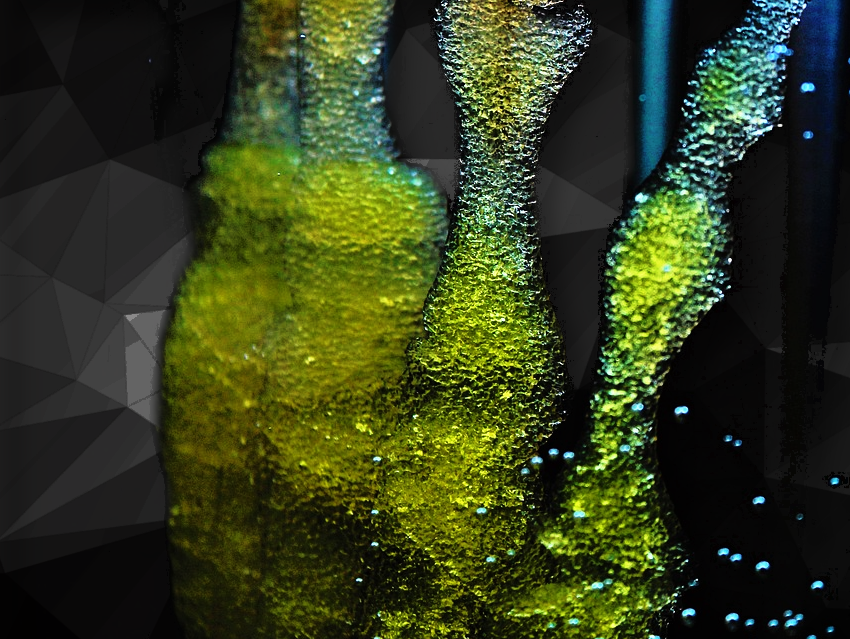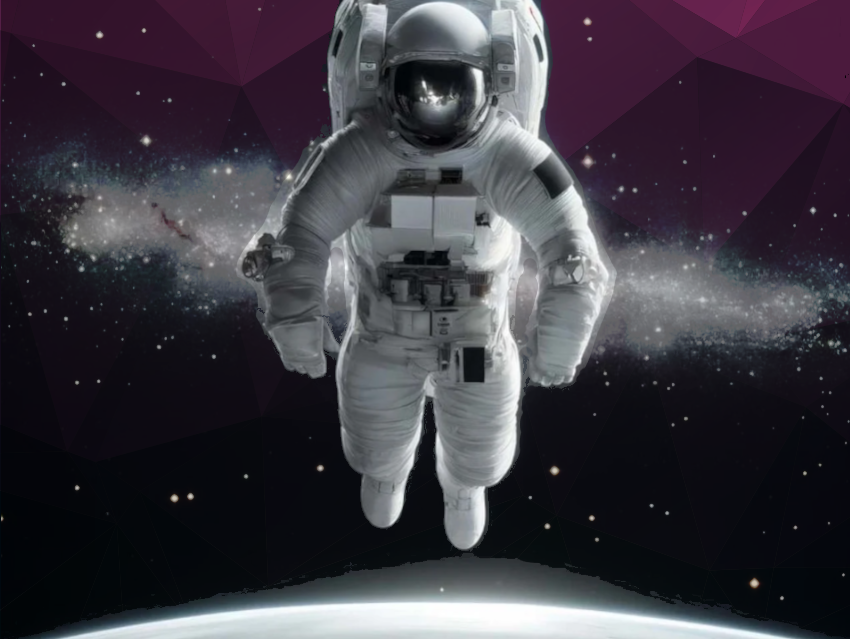Brinter AM Technologies will provide the bioprinter for Redwire Space NV, which is leading a project to design, develop, and qualify the 3D-BioSystem Facility for research on the International Space Station (ISS), under a program funded by the European Space Agency’s (ESA) Exploration Programme. The comany will adapt its Brinter Core bioprinter to generate 3D bio-samples in orbit, meeting the stringent requirements for space technology. This bioprinter will be integrated into the 3D-BioSystem Facility, operating within the ISS’s Columbus module to assess how microgravity impacts 3D-printed cell constructs.
3D printing cell constructs in space holds strong potential for supporting human space exploration, not only as a countermeasure for health emergencies but also as a testbed for scientific research, including personalized drug development, toxicology, and tissue engineering. On long-duration and deep-space missions, astronauts must have tools to manage severe health issues autonomously, as a quick return to Earth would be impossible. For instance, astronauts could create tissue-like constructs to replace damaged tissues, such as for treating burns or bone damage, or even print personalized drugs tailored to individual needs.
The microgravity environment offers unique advantages for 3D bioprinting, allowing cells to grow without spatial restriction and to form complex 3D structures, unlike typical 2D cell cultures on Earth. In microgravity, there is also no need for structural support in printed constructs, as the absence of gravity means they do not need to bear their weight. Microgravity-based experiments will also allow scientists to study the combined effects of microgravity, radiation, and other spaceflight factors on tissue growth, supporting advancements in tissue and organ modeling and enhancing our understanding of the biological mechanisms underlying tissue generation, regeneration, and longevity.
- Brinter AM Technologies, Winston-Salem, NC, USA
Also of Interest
|
Focus: Quite Detached—Astropharmacy and Astrotoxicology in Space Flight |



